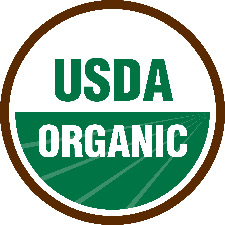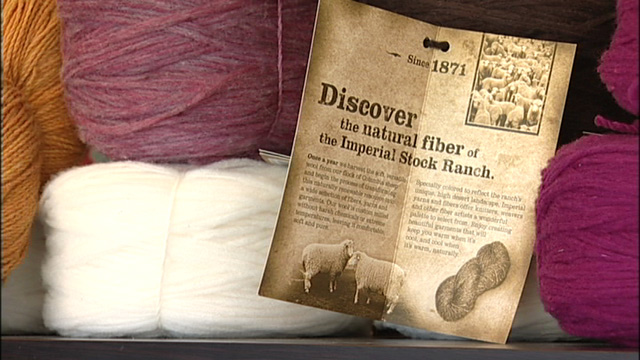History of Organic Agriculture series- Part 5 Nov 18, 2009. Our previous look at the history behind organic agriculture delved …
Continue Reading about The Organic Community, the USDA, and the Morning After
History of Organic Agriculture series- Part 5 Nov 18, 2009. Our previous look at the history behind organic agriculture delved …
Continue Reading about The Organic Community, the USDA, and the Morning After

History of Organic Agriculture series- Part 3 Oct 6, 2009. I’ve devoted the first two installments in this series to …
Continue Reading about The Organic Certification Process: Early Beginnings

Text written by SARE Yarn Into Apparel-The Carver Imperial Stock Ranch This is the first in a series of “how-to” videos …
Continue Reading about Added Value: Direct Marketing for Farmers and Ranchers (Video)
Latest salmonella contamination outbreak underscores urgent need for restructuring of the nations food safety regulations, …
Continue Reading about FDA Expands Peanut Butter Products Recall In Latest Salmonella Scare
